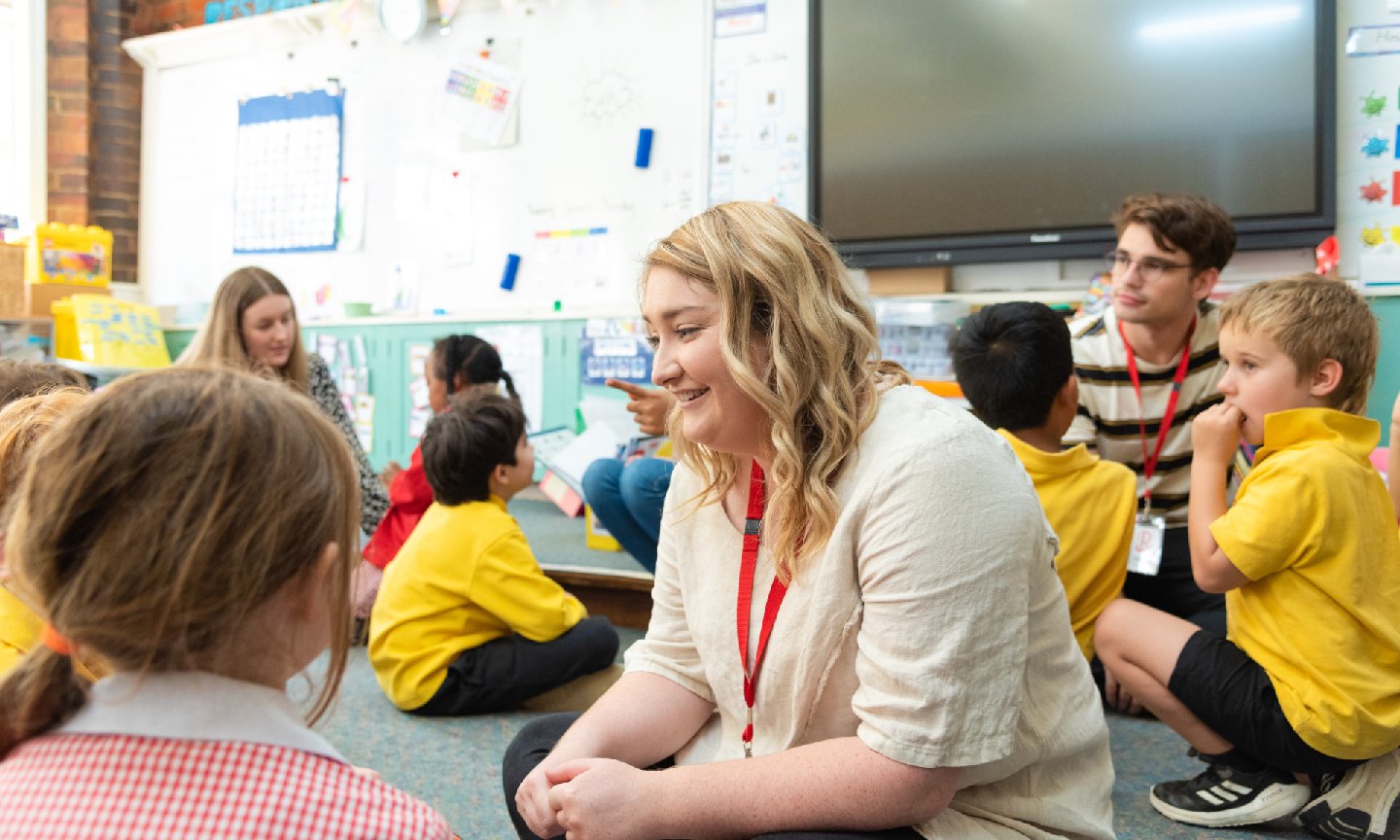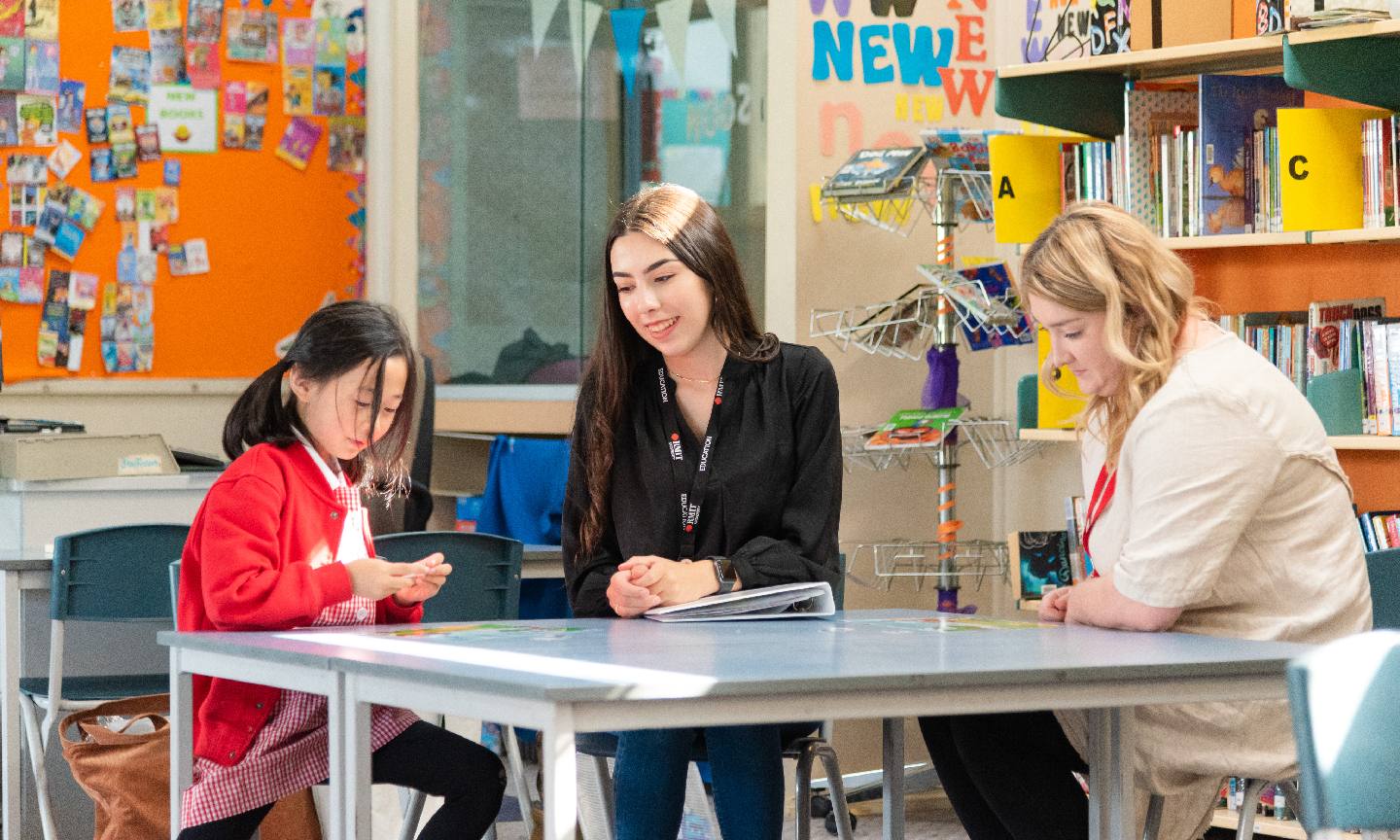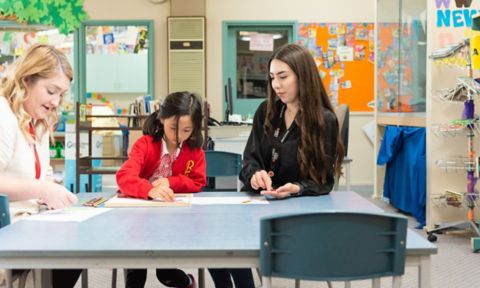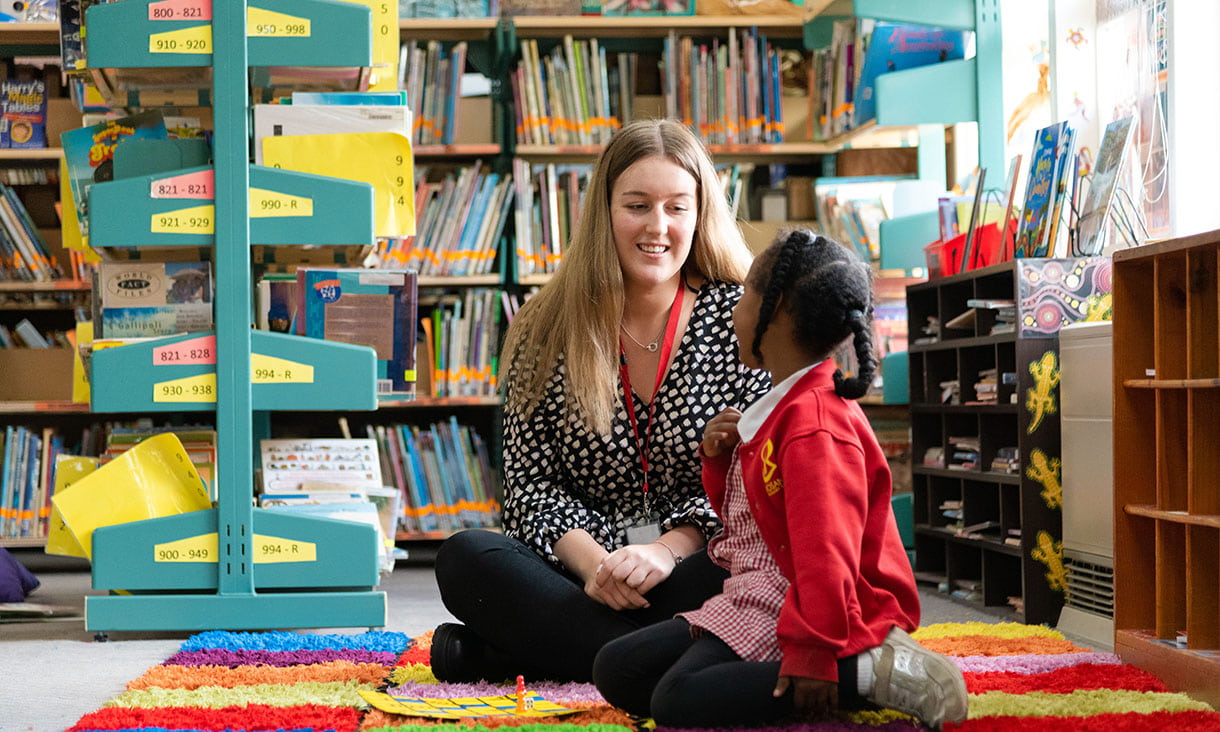The future of education: Five big changes ahead for teaching in Australia
Rapid industry growth and technological advancements are evolving schools and classrooms. What does it all mean for the future of education?
Five reasons why now is the perfect time to start an education job
A career in teaching provides an opportunity to guide the next generation and help students discover the spark that ignites their interests. If this interests you, there is no better time than now to gain the skills for an education job.
Four skills you need to be a great early childhood educator
Early childhood educators play an important role in promoting children’s development from infancy to the earliest stages of schooling. So what are the key skills these teachers need to be successful in their careers?







